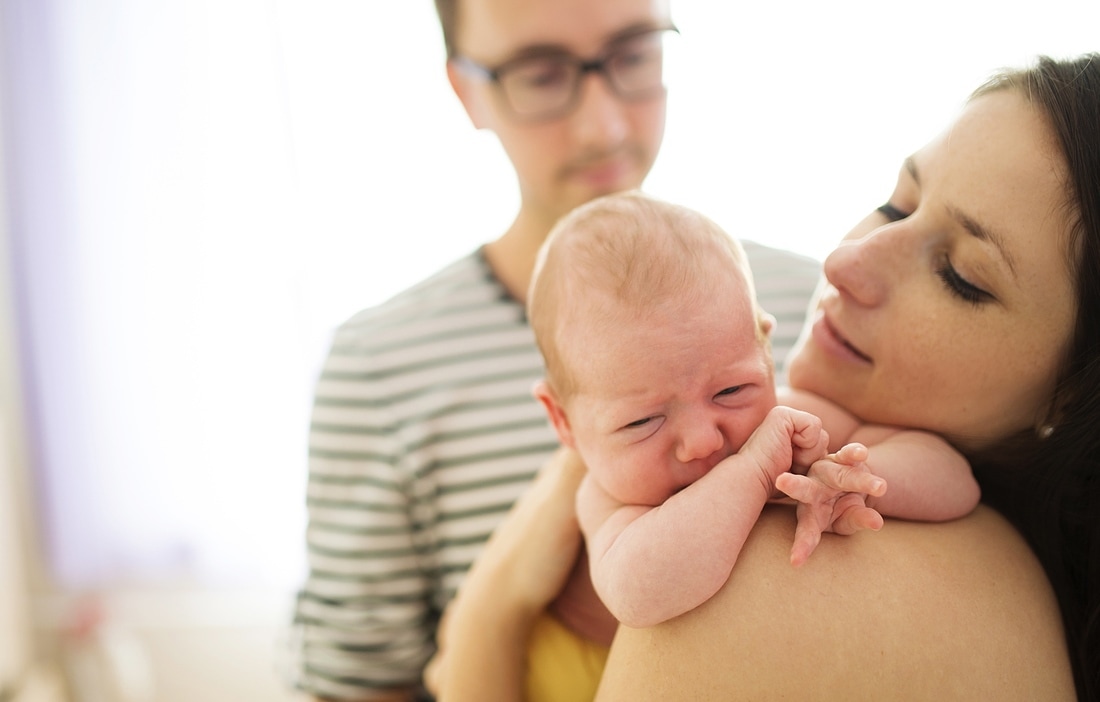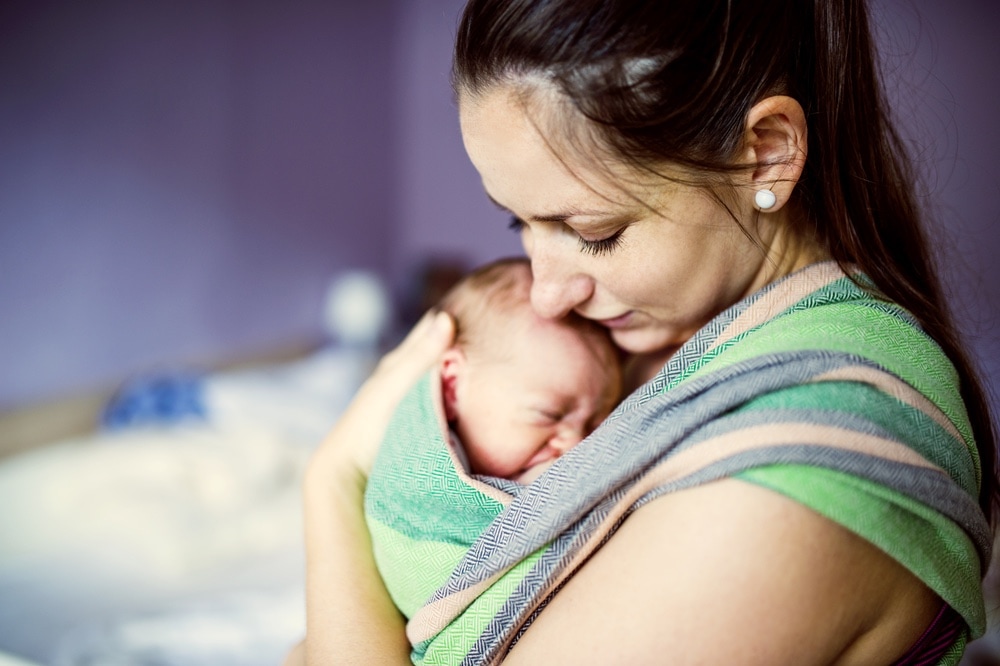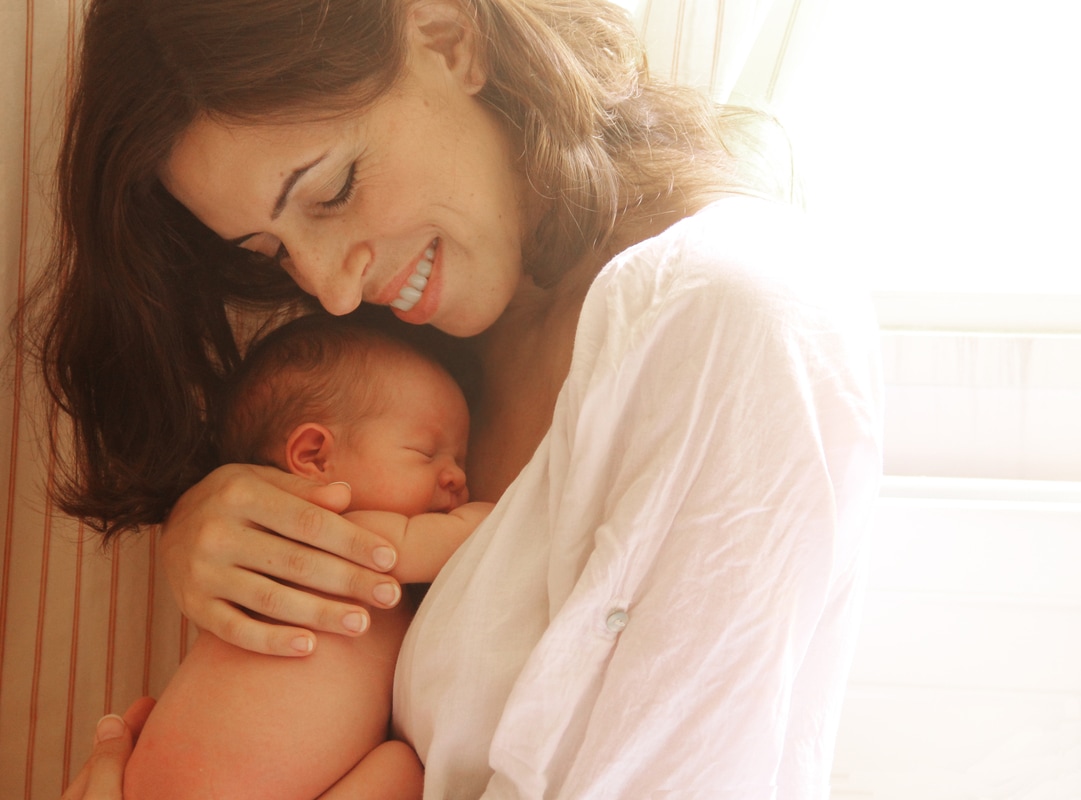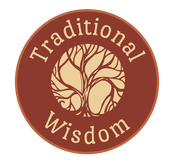Let’s face it, human babies are needy. They are born very dependent on their caregivers. They need a lot of soothing, feeding, changing and cuddling around the clock. It can come as quite a shock to new mothers, just how demanding these little beings really are.
Often preparation for after the birth is neglected in maternity care. In fact, Suzanne Arms says, “Is ours not a strange culture that focuses so much attention on childbirth – virtually all of it based on anxiety and fear – and so little on the crucial time after birth, when patterns are established that will affect the individual and the family for decades?”.
Often preparation for after the birth is neglected in maternity care. In fact, Suzanne Arms says, “Is ours not a strange culture that focuses so much attention on childbirth – virtually all of it based on anxiety and fear – and so little on the crucial time after birth, when patterns are established that will affect the individual and the family for decades?”.
Media often portrays the glowing new mother with her perfect baby. We have come to idealise this time but the reality can be much more harsh. Sleep deprivation and the responsibility of caring for a new life 24/7 is taking it’s toll.
1 in every 6 women are suffering from postnatal depression and according to Julia Jones from Newborn Mothers, over 80% of mothers say they are exhausted and overwhelmed.
How come this is the case? A big reason is that many people are isolated from their families and support network. Our modern lives have led us to live quite separately from each other. How many grandparents and relatives live hours away, interstate or even overseas? Or they may live close but not be very helpful. We could learn a lot from the traditional hunter/gatherer tribes who live more of a trusting, co-operative lifestyle with non-parental adults playing a big role in caregiving. The care of children is shared among many. Societies that have strong support networks in place have the lowest rates of depression.
1 in every 6 women are suffering from postnatal depression and according to Julia Jones from Newborn Mothers, over 80% of mothers say they are exhausted and overwhelmed.
How come this is the case? A big reason is that many people are isolated from their families and support network. Our modern lives have led us to live quite separately from each other. How many grandparents and relatives live hours away, interstate or even overseas? Or they may live close but not be very helpful. We could learn a lot from the traditional hunter/gatherer tribes who live more of a trusting, co-operative lifestyle with non-parental adults playing a big role in caregiving. The care of children is shared among many. Societies that have strong support networks in place have the lowest rates of depression.
According to Jared Diamond, author of ‘The World Until Yesterday’, babies in the Pygmy tribes are nursed on demand and never left to cry more than 3 seconds. They always have an adult to attend to them and children grow up with few psychological scars with depression being virtually unheard of.
Many people in modern society try to implement some of the traditional practices like skin-to-skin contact, attachment parenting, nursing on demand and co-sleeping. This constant care was traditionally shared among many adults and expecting one or even two people to do it all, is basically impossible. No wonder many mothers are feeling completely overwhelmed by new motherhood, especially if you add in other children to the mix!
Many people in modern society try to implement some of the traditional practices like skin-to-skin contact, attachment parenting, nursing on demand and co-sleeping. This constant care was traditionally shared among many adults and expecting one or even two people to do it all, is basically impossible. No wonder many mothers are feeling completely overwhelmed by new motherhood, especially if you add in other children to the mix!
Julia Jones from Newborn Mothers has some great tips:
- You can do anything, but not everything.
- If you’re trying to meet your baby’s physical and emotional needs all on your own then you’ll need to let go of some other things (like house work, cooking, cleaning, shopping and socialising)
- Hire a postpartum doula to help
- Acknowledge the hard work of becoming a mother by incorporating some nourishing traditions into your life
- Find out about the benefits of belly binding/wrapping
- Boost your oxytocin levels by enjoying skin-to-skin cuddles, laughing, finding time to relax and eating warm nourishing foods
Doula Wisdom tips for re-creating your village and saving your sanity:
- Learn to ask for help (seriously!)
- Write down the names of people who you can call to help with meal preparation, house work, child minding and being a listening ear
- Try to be social, for example in mothers groups etc
- Remember what you enjoy doing and ask for help so you can do this. Examples include; get a massage, do some yoga, go for a walk, pick some flowers.
- Eat well - as wholesome and nourishing as possible
- Consider placenta encapsulation for postpartum wellbeing
- Take things one step at a time
How can you help a new mother?
- Offer to do the dishes, put on a load of laundry or do some folding
- Make a delicious meal for the new family
- Offer to hold the baby while mum has a shower or a nap
- Continue to check in- how are you going? Do you have enough support? Can I get you anything?
Kirrah Stewart provides pregnancy, birth and postpartum support in the Northern Rivers. She facilitates Birthing From Within antenatal classes, gives nurturing pregnancy and new-mama massages and provides placenta encapsulation services. If you are pregnant and living in the Northern Rivers area, pop your name in the draw to win a pregnancy massage (entry form is located below or in the side bar).





 RSS Feed
RSS Feed
